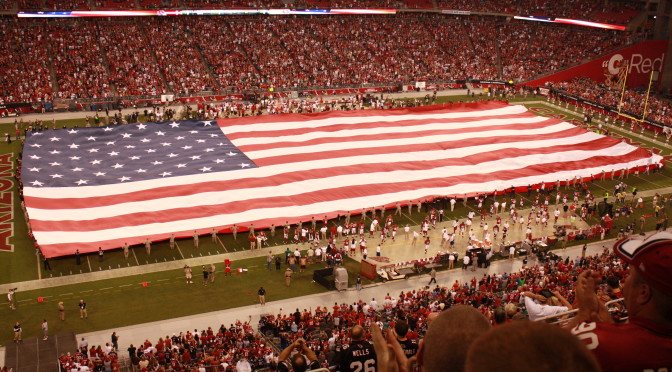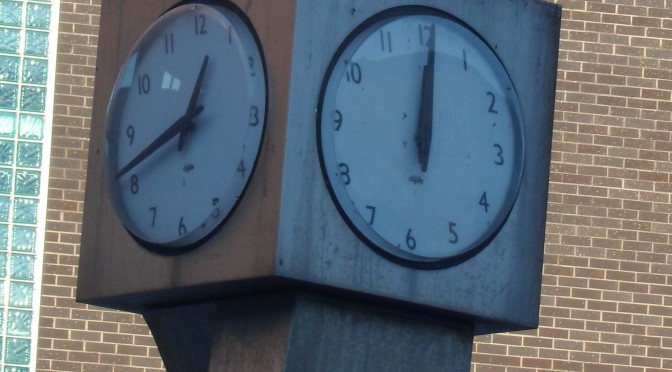About the football nomads of America
I want you to try to imagine how this scenario would play out in the world of Scottish football.
The town of Fort William decides it wants a Premier League team. So using some private cash and a hefty contribution from the taxpayer, a brand new stadium is built. Then the Highland town comes to a multi-million pound relocation deal with Glasgow Rangers.
The Scottish Premier League gives its blessing and Fort William Rangers FC is born. The fans who have supported the Glasgow club for more than a century are suddenly left without a team. Ibrox Park lies empty and is eventually taken over by housing developers.
On the other side of the city a similar drama is unfolding. Glasgow Celtic have been lured away from their home in the east end to Stonehaven. They become known as Stonehaven Celtic – the franchise name is retained but the location is different.
To fill the void in the Glasgow football market, the SPL is able to persuade Dundee United across to the west coast to become Glasgow United. Lots more money changes hands. And again a massive new stadium development is built to accommodate them.
Down south can you imagine Manchester United relocating to Bath; Tottenham Hotspur to Scarborough; or Newcastle United to Canterbury? Of course not. None of these moves could ever conceivably happen for the simple reason that the clubs, in the vast majority of cases, are historically attached to a specific town or city.

Not in the United States. In the past week the American Football supporters of St Louis, who have for the past 20 years spent small fortunes following the St Louis Rams, have been left without a team after the Rams relocated to Los Angeles. To confuse matters, the Rams were, until 1995, based in LA so in a sense they are going home. Tell that to the NFL lovers in St Louis.
The San Diego Chargers might follow the Rams to LA and the Oakland Raiders are reportedly in talks to move to San Antonio, Texas. There is also talk of an NFL franchise moving to London, with the Jacksonville Jaguars the most likely contenders. London Bulldogs has been suggested as a name.
If these moves take place, massive amounts of money will change hands. The NFL, an organisation that is stinking rich and as dodgy as hell from top to bottom, will rake in millions of dollars. The businessmen behind the clubs will profit, so will the sponsors. The people who lose out are the fans. Every time a new arena is built, a special “stadium tax” is levied so the taxpayers can help foot the bill.
The most incredible relocation story involved the Baltimore Colts. The team was established in 1953, but by 1983 the owners were growing fed up a lack of investment by the city and were effectively holding it to ransom by letting it be known they were considering a move elsewhere.
The city of Baltimore responded by threatening to take over the team using eminent domain. Then on March 29, 1984, every stitch that belonged to the colts – team jerseys, mascot outfits, cheerleader uniforms – were driven out of Baltimore in a fleet of 15 moving trucks in the middle of the night. By daybreak the trucks were being given a police escort into Indianapolis, where the Colts have remained to this day.
Our local team here, the Arizona Cardinals, has only been here since 1987. From 1960 they were in St Louis and before that in Chicago. The team now known as the Tennessee Titans was previously the Houston Oilers.
Pity the poor fans over here – they are used and abused. No sooner are they used to one team than they up sticks and move somewhere else thanks to the lure of filthy lucre.
Let’s hope Queen of the South doesn’t move to Wick – or Heart of Midlothian to Oban. It could get really confusing.

